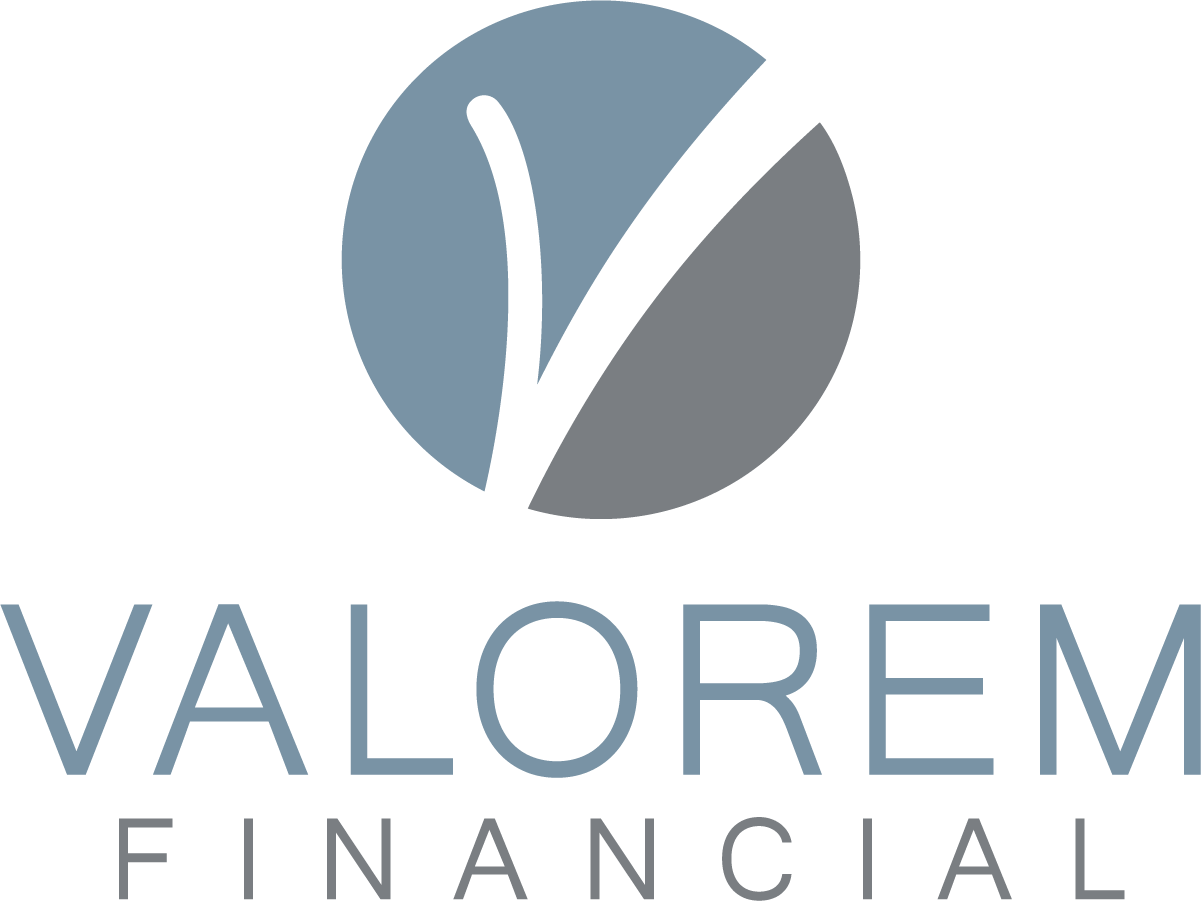Alternatives are investment options beyond the typical stocks, bonds and cash found in most portfolios. They can be tangible assets like precious metals, or they could be financial assets like private equity or hedge funds. Alternatives tend to be riskier than traditional assets, which means investors usually have to meet certain criteria to access them. Here’s a closer look at alternatives and some of the most common options available.
What is an alternative investment?
An alternative investment is a financial asset that does not fall under a conventional investment category, like stocks or bonds. These can include real estate, private equity, commodities or even art and antiques. Alternatives are not typically as heavily regulated as conventional investments. Furthermore, while the Securities and Exchange Commission (SEC) may examine their practices, alternatives do not have to register with the SEC.
Alternative investments are also fairly illiquid. The investor pool may be limited, making it hard to find buyers. Additionally, it may be difficult to determine asset value.
Due to the fact alternative investments tend to be more complex and less regulated, they also come with a higher degree of risk than conventional securities. As a result, they are typically only available to accredited investors. An accredited investor is an individual with an earned income of at least $200,000, or $300,000 together with a spouse, or one who has a net worth greater than $1 million alone or with a spouse. The value of an individual’s primary residence is not included in net worth calculations.
For those who don’t meet these qualifications, alternative investments may be available through alternative mutual funds and exchange-traded funds (ETFs), which are SEC-registered and regulated.
Types of alternative investments
Hedge funds
A hedge fund is a private, professionally managed and largely unregulated pool of capital whose managers can buy or sell any assets. Because they operate under fewer regulations, hedge funds can invest in more complicated deals than other funds. They can also use complicated strategies, like volatility or merger arbitrage, to generate higher returns. Hedge funds tend to be more expensive to participate in than conventional investments.
Real estate
This category can include rental properties, real estate development companies, raw land, preconstruction investments and more. Real estate is a valuable diversification tool as it experiences low volatility and is not highly correlated with other asset classes. So, when stocks are down, for example, real estate may do better.
Private equity
Private equity involves investing directly in companies that are not publicly traded. A relatively large investment is typically required. Often these investments are in new companies with the potential for substantial growth. However, new companies are relatively untested, exposing investors to the risk they might fail.
Crowdfunding
Crowdfunding arrangements pool together money from individuals to fund new business ventures, such as real estate projects. In return, investors receive equity shares of the company. Non-accredited investors may be able to participate in regulated crowdfunding, but there are limits to how much they can invest. There are no limits for accredited investors.
Commodities
Commodities are often investments in raw materials, such as metals, energy and agricultural products. They can be risky investments, since outside factors, like the weather or natural disasters, can affect their supply and demand. However, commodities can also provide diversification within a portfolio, since their prices tend to move in opposition to stocks.
In Conclusion
While alternative investments can be a key tool for diversification, it’s important to do your due diligence when considering which investments to buy. Understand the risks and limitations and remember that alternatives may be difficult to sell quickly and could potentially be more volatile than traditional investments.
Sources:
https://www.sec.gov/smallbusiness/exemptofferings/faq#faq2
https://www.sec.gov/smallbusiness/exemptofferings/regcrowdfunding
Exchange-traded funds are sold only by prospectus. Please consider the investment objectives, risks, charges and expenses carefully before investing. The prospectus contains this and other information about the investment company, can be obtained from your financial professional at [phone number or address]. Be sure to read the prospectus carefully before deciding whether to invest. [Must be italicized]ÐPlease note: Cetera Advisor Networks LLC is not registered to offer direct investments into commodities or futures. Instead, we provide access to this asset class via mutual funds, exchange-traded funds (ETFs) and the stocks of associated companies. Investments inÜommodities may be affected by the overall market movements, changes in interest rates and other factors such as weather, disease, embargoes and international economic and political developments. Commodities are volatile investments and should form only a small part of a diversified portfolio. An investment in commodities may not be suitable for all investors.
With respect to alternative investments in general, you should be aware that returns from some alternative investments can be volatile and you may lose all or a portion of your investment. A diversified portfolio does not assure a profit or protect against loss in a declining market. All investing involves risk, including the possible loss of principal. There is no assurance that any investment strategy will be successful. This material provided by Valorem Financial and written by Oescli, a non-affiliate of Cetera Advisor Networks, LLC or CWM, LLC. This piece is not intended to provide specific legal, tax, or other professional advice. For a comprehensive review of your personal situation, always consult with a tax or legal advisor.


